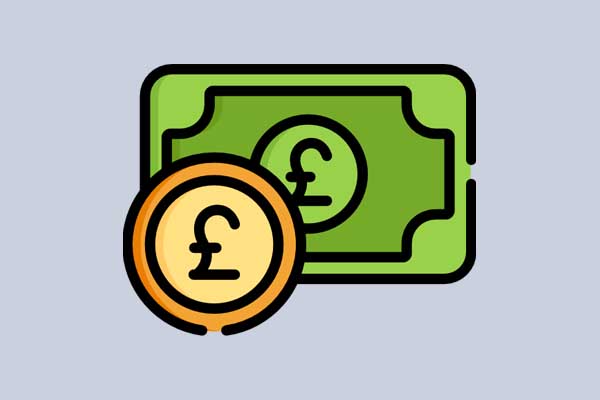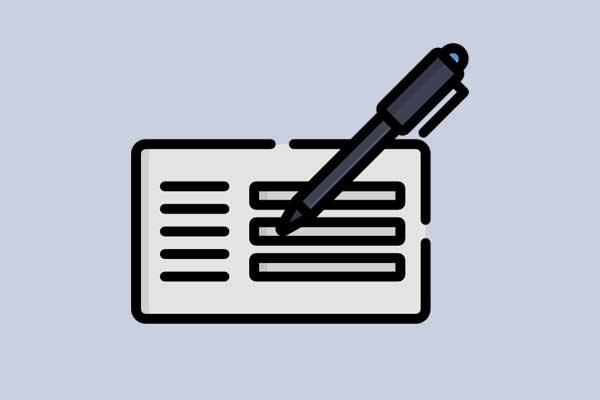
When you first hear ‘distressed’ business, you may be thinking this is a business that is struggling to pay its loans and creditors. You’re not wrong in this assumption, a business is in distress because it is unable to make its repayments as they fall due. But this doesn’t necessarily mean that there is something wrong with the profitability of the business.
When a business is described as ‘distressed’, this does not reflect its overall potential for profitability. A business may be overburdened with debt, struggling with interest payments or unable to fulfil repayment schedules with creditors. It could also be behind in meeting tax obligations to HMRC. Regardless of the reason, in many cases, ‘distressed’ businesses have an underlying trading profitability and with the right management team, there is no reason these businesses cannot be turned around.
The potential to make good returns by buying distressed businesses persuaded Simon Elliot to make a bid for Hopkinson Catering. The business was in administration, but Elliot could see that this was largely down to a £1m tax bill. Looking back, he thinks the chairman, brought in by the husband and wife owners, had too many other interests to keep a sufficiently close eye on what the recently appointed finance director was up to. Click here for the full details of how Simon turned this business around.
You do need to keep in mind that the business is in distress for a reason and that reason may be fixable, but you need to determine if you are the person best equipped to get involved and have the team and resources to actually turn it around.
There are also other matters you need to be aware of when looking at a distressed business opportunity.
Timing
They say timing is everything and it does play a significant factor in finding the right distressed business opportunity. But first, take a step back and ask yourself whether buying a distressed business is the right type of business for you. It can be a long and arduous road and definitely not one for everyone as striking rich is not a guarantee.
Money, money, money

What are you buying?
True you won’t have a lot of time to conduct due diligence; however, you should be aware of what exactly you are buying as the legal structure of the company can be key in its profitability realisation. First and foremost, are you buying the assets or the shares of the company? There is a difference and can impact your ownership and liabilities. Particularly, your rights and obligations with existing employees. If you’re curious about the details in the differences, have a read of our article on Company acquisitions: assets versus shares.
Operating internationally, the company offers the development, hosting, and maintenance of electronic document management software. The business provides maintenance contracts, licences, installation, and training for its software.
This well-established business excels in resin floor installation and repairs, alongside additional services like stainless steel drainage installations, catering to diverse sectors including engineering, aerospace, and healthcare across South West E...
The companies supply an array of gases to suit various applications, with the group’s offering comprising all types of argon, oxygen, acetylene, nitrogen, carbon dioxide, refrigerant gases, propane and butane.
LEASEHOLD
Join today to receive:
All this and much more, including the latest M&A news and exclusive resources
We can help you capitalise on insolvent businesses. We list UK businesses in administration, liquidation and with winding up petitions daily. Ensuring our members never miss out on an opportunity
Please choose your settings for this site below. For more information please read our Cookie Policy
These cookies are necessary for our website to function properly and provide you with access to all features.
These are analytics cookies that help us to improve the way our website works.
These are used to improve the functional performance of the website and make it easier for you to use.
